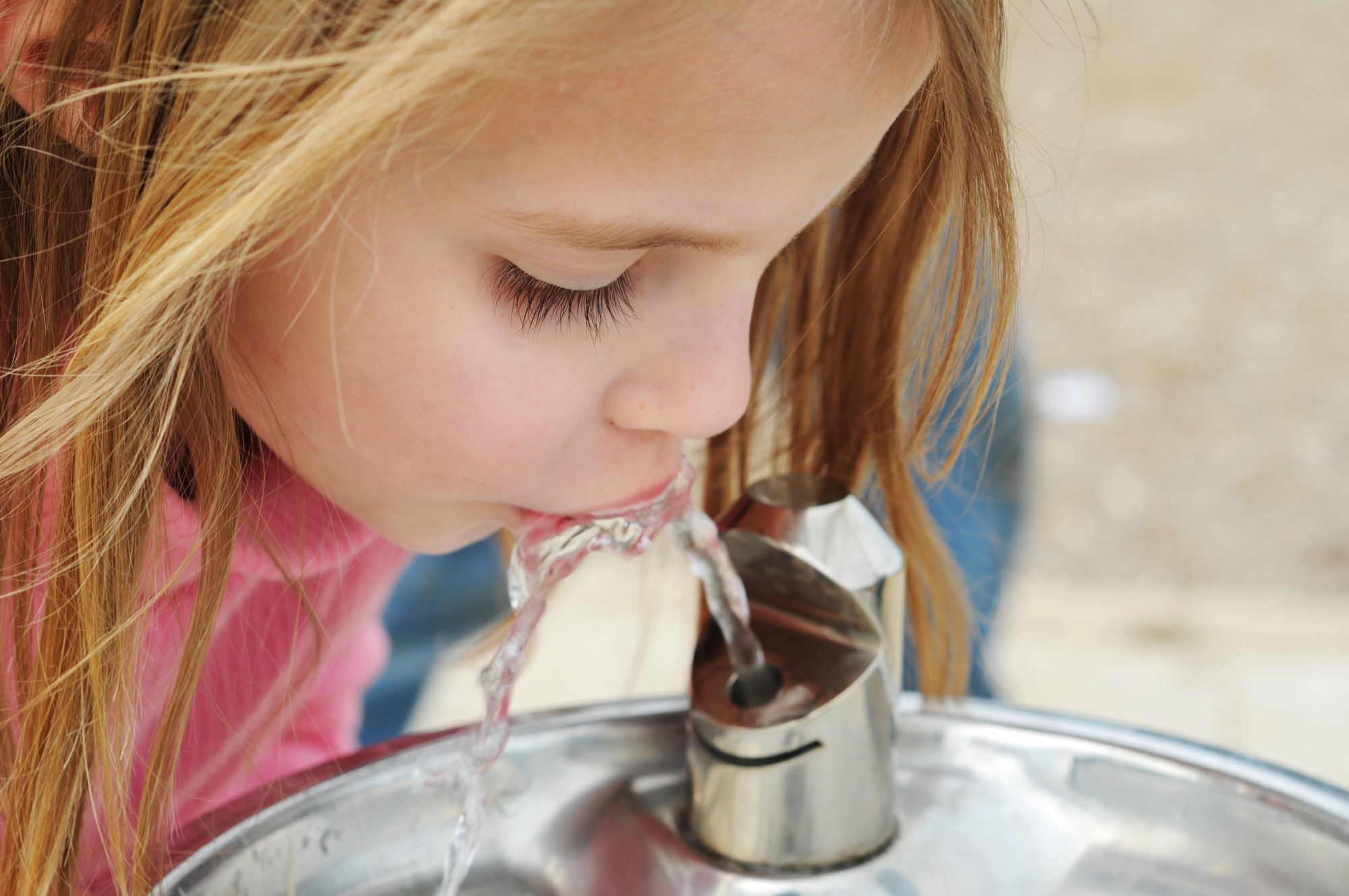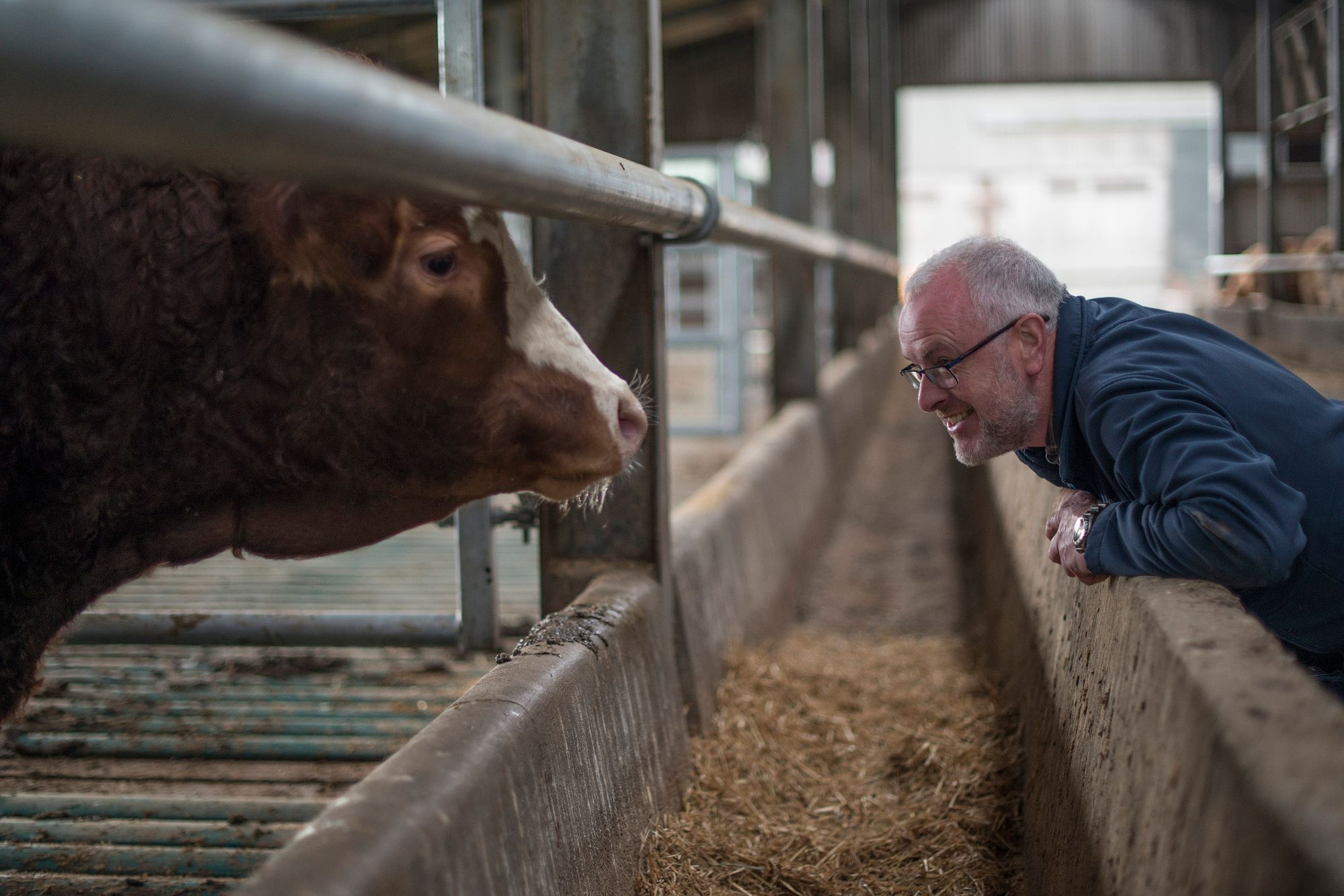H2O in the Know: How to Select the Right Water Filter
We all know it is essential to stay hydrated and drink enough water. But spending more time at home the past year due to COVID-19 has caused many of us to become more concerned about the quality of our drinking water. Depending on where you live, your water source and quality can vary. It may not taste the way you would like it to because of chlorine or other reasons. You may even wonder if it contains harmful contaminants, like lead and pesticides.
Instead of stocking up on single-use plastic bottles and filling up landfills, or replacing your whole fridge to have a water dispenser, think again. There are ways you can still rely on good ole tap water but make it taste better and reduce any of those nasty contaminants that might be present.
That’s where a water filter comes in. But buyer beware. With so many options, the choice can be dizzying. “Starting to look for the right water filtration system for your home can be overwhelming,” says NSF’s international water systems expert Rick Andrew. With hundreds of products on the market, there are some that “may not exactly do what they promise on the packaging,” he adds. Other filters may look like a certain brand but in reality aren’t even the same product.
"With hundreds of products on the market, there are some that “may not exactly do what they promise on the packaging.” Other filters look like the original one, but in reality, aren’t even the same filter."
Here Rick offers some advice on selecting the best water filter so you can enjoy the cleanest, purest water in your home.
- Tap into your water quality. There isn’t a one-type-fits-all kind of water filter, as not every filter type will reduce every contaminant. You’ll save money and ensure that you’re targeting the contaminants of concern in your area by doing a little research up front. The first step is to understand what contaminants are in your water. If you have city water, your water supplier may give you its most current water quality report. If you’re on a private well, you may consider testing your water at a nearby lab.
- Select the system targeted for your water quality needs. Not all water filters address every type of contaminant. When shopping for a water filter, pay attention to what the filter is certified to reduce and ensure that it meets your needs. For example, suppose your family has concerns about nitrates in your well water. In that case, you can search NSF’s certification listings to find treatment systems for these particular contaminants. Check out our Contaminant Reduction Claims guide.
- Decide what kind of filter works best for you. Water filters come in various forms, from plastic pitchers with filters and built-in refrigerator filters, to faucet and under-the-sink filters, to whole-house models. Select the type that best meets your needs and is certified to reduce the contaminants you are most concerned about.
- Look for certification. Beware of too-good-to-be-true product claims. If a product has lists that seem to include everything possible, search to see if it is genuinely certified and by which certification body, and what they actually tested it to reduce.
- Change the filter. No matter which filter you choose, it’s no good if you don’t regularly change it. Many have an indicator that lets you know when it’s time to replace it.
Sign Up for Tips for Better Living
Stay up to date with what matters most to you and your family.
Related Posts

Foodstuffs: How To Store and Heat Leftovers Safely

Kitchen Cleaning 101: Your Ultimate Guide to Optimum Kitchen Cleaning

Keeping a Clean Home, Especially When You Share It With Your Pet

loMT: Utilize Internal Information Security Expertise to Combat Cyber Risks
How NSF Can Help You
Get in touch to find out how we can help you and your business thrive.

What’s New with NSF

Michigan’s “Filter First” Law: A Guide for Schools and Childcare Centers
April 23, 2024
Healthy People Living on a Healthy Planet: The Future We’re Working For
April 4, 2024
American Meat and Egg Distributors Now California-Ready with NSF’s Prop 12 Certification
April 3, 2024